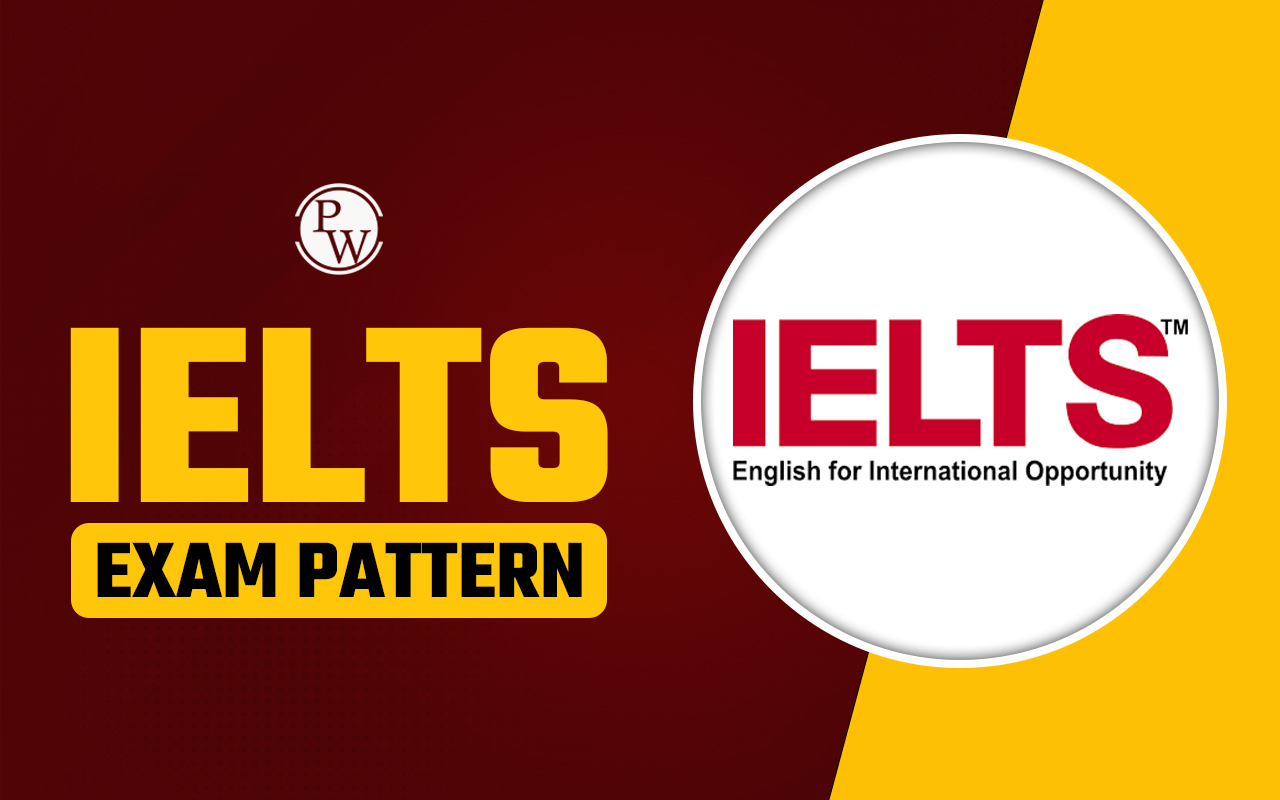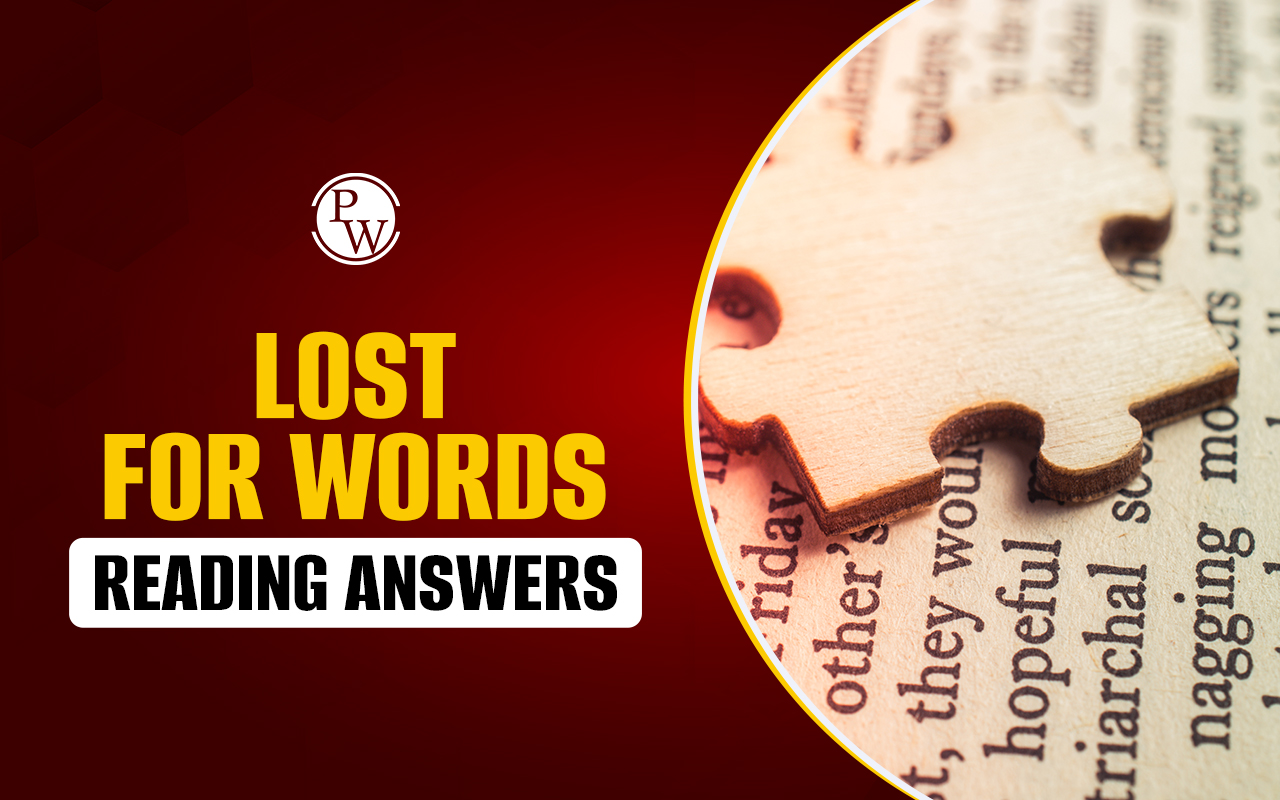

Common IELTS Vocabulary Mistakes and How to Avoid Them : Vocabulary knowledge is crucial in language learning. It is an important part of language learning along with grammar and pronunciation, knowing the vocabulary is necessary for acquiring a language. Here we will discuss common IELTS vocabulary mistakes and how to avoid them so that students can gain more marks with the help of a good command of IELTS Speaking Vocabulary .
Explore IELTS Online Courses
Common IELTS Vocabulary Mistakes and How to Avoid Them
Vocabulary knowledge has a major effect on learning a language. It is one of the key elements in learning a second language because having a diverse vocabulary allows students to perform well in their target language and is required to strengthen all four language abilities. When preparing for the IELTS test, it is essential to extend your vocabulary and be aware of Common IELTS Vocabulary Mistakes and How to Avoid Them that can lower your score.| Essential IELTS Vocabulary Related Pages | |
|---|---|
| IELTS Work Vocabulary | IELTS Map Vocabulary |
| IELTS Family Vocabulary | IELTS Sports Vocabulary |
Common Vocabulary Mistakes to Avoid in IELTS
Identifying common IELTS vocabulary mistakes and how to avoid them in IELTS will improve your language skills and confidence during the test.Overusing Complex Words
While using complicated terms to impress the examiner may be attractive, overuse can backfire, resulting in too many errors. Misusing advanced vocabulary can confuse, or worse, miscommunication. It is important to achieve a balance between using advanced vocabulary and communicating effectively. For example, if you're not sure how to use the word 'endeavor', simply say 'try' or 'attempt'. Clarity should always come before complexity. Remember that the IELTS Speaking test has been designed to be as similar to a real-life situation as possible. The answers you provide should not appear forced or scripted.Incorrect Collocations
In language, collocations are words that are frequently used together. For example, you can ' make a mistake' or 'commit a mistake', but not 'do a mistake'. The proper use of collocations makes your speech and writing sound natural and fluent. It is also a true measure of overall English proficiency. Spend enough time mastering frequent English collocations. Your examiner is likely to recognize and reward your efforts.Misusing Synonyms
Synonyms can help you improve your language, but using them inappropriately can lead to mistakes. Not all synonyms can be used interchangeably in every situation. Experiment with synonyms in various circumstances to have a better understanding of how to utilize them effectively. For example, while the terms 'commute' and 'travel' have similar meanings, they cannot always be used interchangeably. 'Commute' refers to traveling a certain distance regularly between your home and workplace, but 'travel' can refer to any kind of movement from one location to another.Ignoring Word Forms
Many words have many forms, including nouns, verbs, adjectives, and adverbs. Using the incorrect form of a word might result in grammatical problems. For example, consider the words' sharp and sharply'. For example, we say 'a sharp (adjective) decline (noun) in prices' or 'prices drop (verb) sharply (adverb)' rather than the reverse. Make sure you understand the proper form of the word you want to use. This will assist you in writing grammatically correct sentences.Also Check:
- Most Common English Words Used in Daily Life
- Importance of Vocabulary in Acing IELTS
- How to Easily Improve Your IELTS English Vocabulary?
How to Avoid Common IELTS Vocabulary Mistakes
Enhancing your vocabulary for the IELTS needs regular effort and the application of successful strategies. Here are our top strategies to get you started.Read a Lot
Reading different sources, including newspapers, books, and academic journals, can help you expand your IELTS vocabulary . To make it more enjoyable and engaging, choose topics that interest you. Reading articles from credible sources, like the BBC News or The Guardian, will help you master advanced vocabulary for different circumstances. Highlight new words as you read to find their definitions. It will improve not just your vocabulary but also your comprehension skills. Finally, practice using these new words in ordinary conversation so that they become part of your current vocabulary.Use Flashcards
Flashcards (small note cards) are an enjoyable way to learn and practice a new language. Make flashcards with the word on one side and the definition, synonyms, and example sentence on the other. To keep your memory fresh, go over these flashcards frequently.Practice with Word Lists
Word lists are an excellent method for learning new vocabulary. Concentrate on learning new words every day and using them in your writing and speaking practice. Begin with normal IELTS speaking topics such as education, environment, and technology. Learn vocabulary relevant to these topics and practice applying them in sentences. This strategy helps you develop topic-specific vocabulary, which will come in helpful on the IELTS test, particularly in the Writing and Speaking parts.Engage in Conversations
Having conversations with native English speakers or other IELTS candidates can help you practice using new vocabulary. Join language exchange groups or participate in online forums where you can discuss various topics in English. Social media platforms like Facebook and Reddit have dedicated IELTS communities for test takers looking to improve their English skills.Write Regularly
Writing essays, journal entries, or even blog posts in English can help you learn and remember new words. Set aside time each day to write about various themes, and try to use the fresh vocabulary you've learned.PhysicsWallah Guidance for IELTS Exam
Remember that a strong IELTS band score can increase your chances of admission to the world's best colleges. It is your opportunity to display your English skills and take an essential step towards your foreign education aspirations. Students need a systematic preparation strategy to cover all areas and get the desired band score. PhysicsWallah offers IELTS online classes , including a structured preparation strategy.| IELTS Exam Other Related Links | |
|---|---|
| IELTS Exam | IELTS Academic Vs General |
| IELTS Registration | IELTS Eligibility Criteri a |
| IELTS Mock Test | IDP IELTS Test Centers |
| IELTS Cut Off | IDP IELTS Slot Booking |
Common IELTS Vocabulary Mistakes and How to Avoid Them FAQs
Q1 - How important is vocabulary in IELTS?
Ans - Improving your vocabulary is one of the best methods to score well on the IELTS. It accounts for 25% of your final score in speaking and writing. A broad vocabulary also helps you score better on the Listening and Reading tests.
Q2 - What happens if I don't speak for 2 minutes in IELTS?
Ans - If you do not speak for the whole two minutes, you may not cover all of the things specified in the prompt. Your answer may be incomplete and unclear. The examiner is looking for a detailed and well-rounded answer that addresses every aspect of the task card.
Q3 - What if I answer wrong in IELTS speaking?
Ans - The examiner is evaluating your whole English, not just a single statement or word. Therefore, to maintain a high fluency score, ignore your mistakes and continue speaking.
Q4 - Are IELTS speaking topics repeated?
Ans - Yes, the examiner in the IELTS Speaking test will repeat a question if you request it. However, they are not permitted to modify the question or explain any vocabulary.
Talk to a counsellorHave doubts? Our support team will be happy to assist you!

Free Learning Resources
PW Books
Notes (Class 10-12)
PW Study Materials
Notes (Class 6-9)
Ncert Solutions
Govt Exams
Class 6th to 12th Online Courses
Govt Job Exams Courses
UPSC Coaching
Defence Exam Coaching
Gate Exam Coaching
Other Exams
Know about Physics Wallah
Physics Wallah is an Indian edtech platform that provides accessible & comprehensive learning experiences to students from Class 6th to postgraduate level. We also provide extensive NCERT solutions, sample paper, NEET, JEE Mains, BITSAT previous year papers & more such resources to students. Physics Wallah also caters to over 3.5 million registered students and over 78 lakh+ Youtube subscribers with 4.8 rating on its app.
We Stand Out because
We provide students with intensive courses with India’s qualified & experienced faculties & mentors. PW strives to make the learning experience comprehensive and accessible for students of all sections of society. We believe in empowering every single student who couldn't dream of a good career in engineering and medical field earlier.
Our Key Focus Areas
Physics Wallah's main focus is to make the learning experience as economical as possible for all students. With our affordable courses like Lakshya, Udaan and Arjuna and many others, we have been able to provide a platform for lakhs of aspirants. From providing Chemistry, Maths, Physics formula to giving e-books of eminent authors like RD Sharma, RS Aggarwal and Lakhmir Singh, PW focuses on every single student's need for preparation.
What Makes Us Different
Physics Wallah strives to develop a comprehensive pedagogical structure for students, where they get a state-of-the-art learning experience with study material and resources. Apart from catering students preparing for JEE Mains and NEET, PW also provides study material for each state board like Uttar Pradesh, Bihar, and others
Copyright © 2025 Physicswallah Limited All rights reserved.











